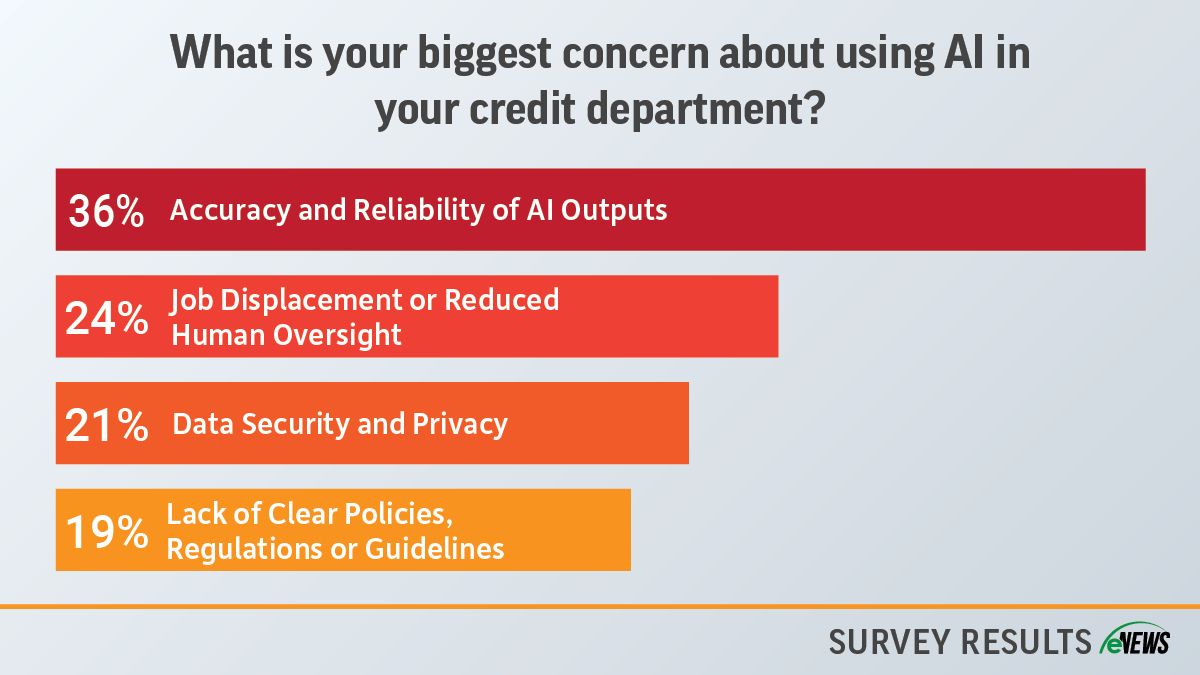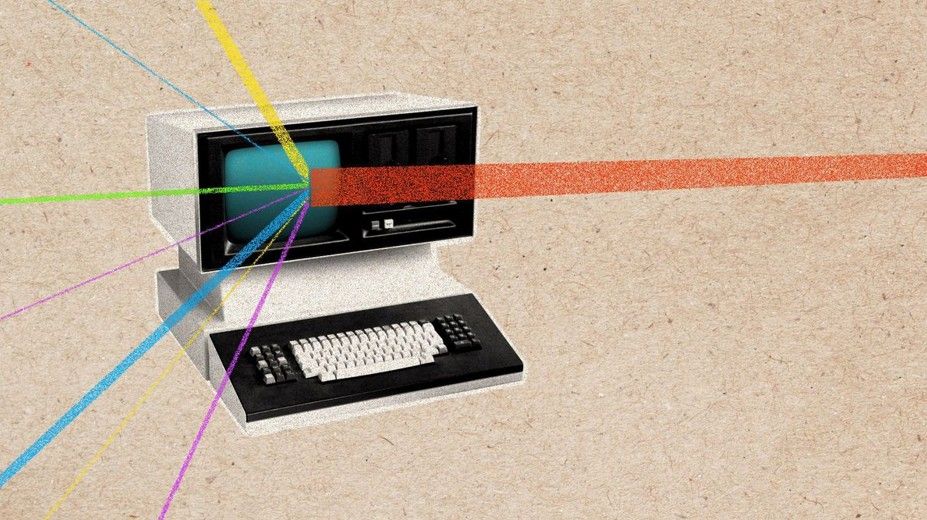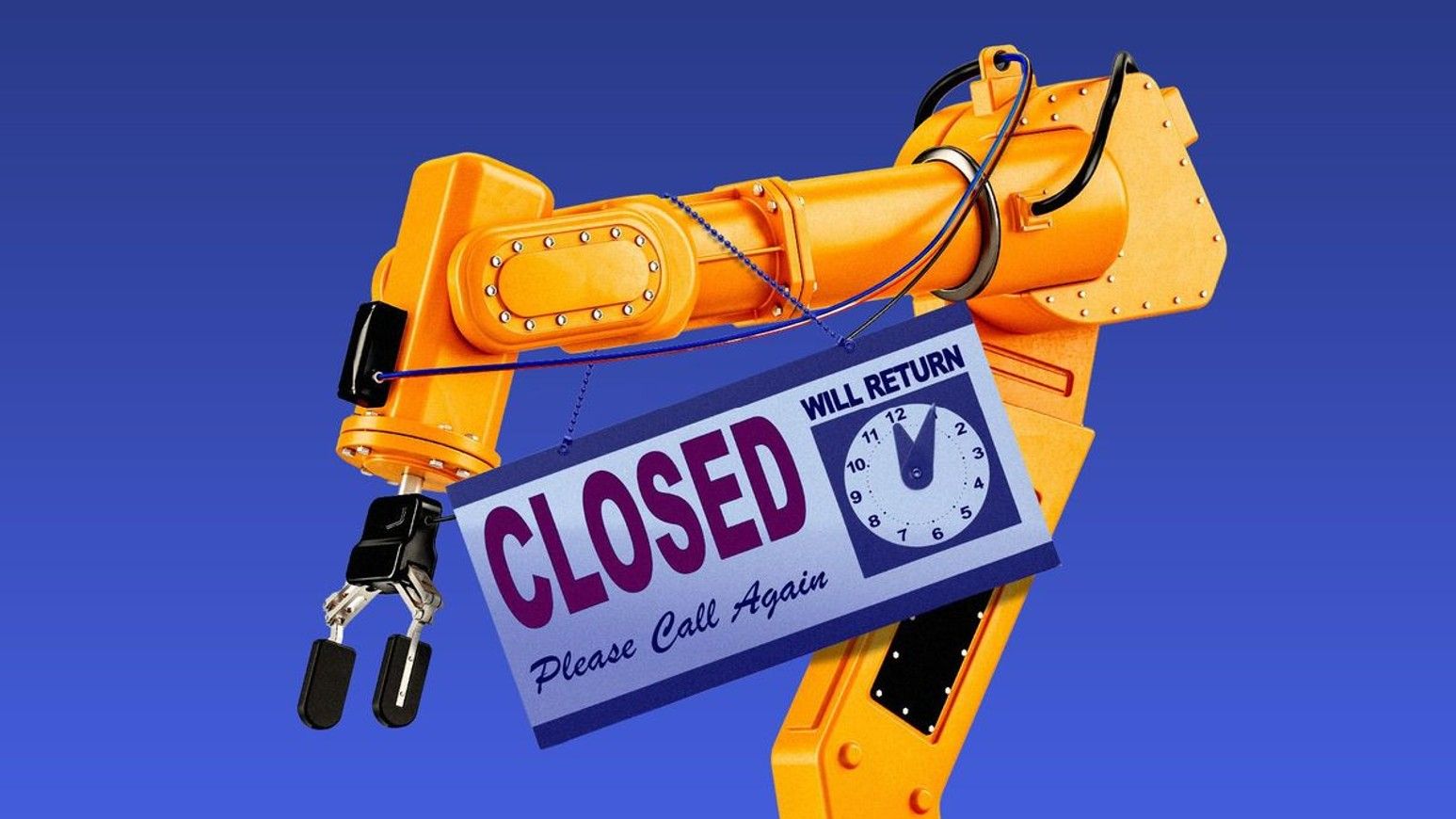Economy, eNews, Government
Debt Ceiling Debate: Will the US Default?

Treasury officials have warned lawmakers to come to an agreement prior to the X-date of when reserves will run dry. The X-date depends on both tax collections and government payments, and if there is not enough money to provide for the country’s financial obligations, the likelihood of a default is very high.
The country could run out of cash and default on its debts as early as June 1. But when asked if June 1 can stretch to June 15, Treasury Secretary Janet Yellen told NBC the possibility of a stretch is quite low. “We take the debt ceiling seriously as a constraint on our ability to pay bills that are coming due,” Yellen said. “My assumption is that if the debt ceiling isn’t raised, there will be hard choices to make about what bills go unpaid.”
So, what happens next? First, both parties can strike a deal to either increase or suspend the debt ceiling for up to two years. But for this to happen, a negotiation would have to occur this week. And if lawmakers came to a deal this week, it would still take months before stocks and other financial markets regulate.
Second, lawmakers could agree to a short-term debt limit raise to buy more time. Lastly, as June approaches, a settled disagreement can lead to default. By June 8-9, cash is likely to drop under $30 billion, according to analysts from Goldman Sachs. “At that point, we believe there are even odds that the Treasury exhausts its funds entirely,” they wrote.
Some argue that the Biden Administration should ignore the debt ceiling, issue debt and pay the bills. If you do not like executive overreach, then you do not want the administration figuring out who gets paid and who does not, said NACM Economist Amy Crews Cutts, Ph.D., CBE. Cutts said the markets are now showing a bit of nervousness. “Up until now, the stock and bond markets have been adamant about the possibility of default,” she added. “In prior times when we’ve come up to this edge, the markets have gotten a little more agitated or volatile even getting to this point—but some believe there is still enough time for cooler heads to prevail and for a deal to get negotiated.”
Another possibility if the debt ceiling does not raise is a decline in stock and bond markets. “As stock evaluations go down, bond prices will fall and interest rates will rise,” said Cutts. “If markets will charge higher interest rates to the government, it usually lights the fire for those who are saying it will work itself out.”
The debt ceiling has been used as leverage for political gains in the past. The U.S. government hit its congressionally imposed $31.4 trillion borrowing limit in January. “Since the 1950s, both political parties have engaged in legislative battles over the debt ceiling—each using it to paint the other as financially irresponsible—only to reach an agreement before markets began to panic,” reads an article from Time.
The ability to find a solution is limited and job losses are a number one concern if the country defaults. If this happens, the U.S. will most likely prioritize payments and bills based on when they come in, said Ash Arnett with PACE Government Affairs and NACM’s Washington Representative. “Many credit aspects will be impacted,” Arnett said. “If the impacts are not as staggering, the consequences of the default are not enough to politically motivate raising the debt ceiling.”
Political tensions between both parties continue to hold policymakers back from making a decision for the greater economic state of the country. The Republican Speaker of the House is now stuck between a rock and a hard place, or a bipartisan compromise his party will not accept, said Arnett. “The best-case scenario for the U.S. economy as a whole would be if the 14th Amendment is upheld,” Arnett added. “It will dissolve the statutory limit moving toward the debt ceiling, and help prevent default.”
Talks of invoking the 14th Amendment have been considered by the Biden Administration as many believe it would be effective as leverage. When asked during a press conference, President Biden said he will look to use the 14th Amendment if they have the authority. “The question is, could it be done and invoked in time that it could not be appealed, and as a consequence, pass the date in question, and still default on the debt,” Biden said. “That’s a question that I think is unresolved.”
Join NACM Economist Amy Crews Cutts at Credit Congress on Monday afternoon, June 12, for a discussion of the economy and what’s next.





